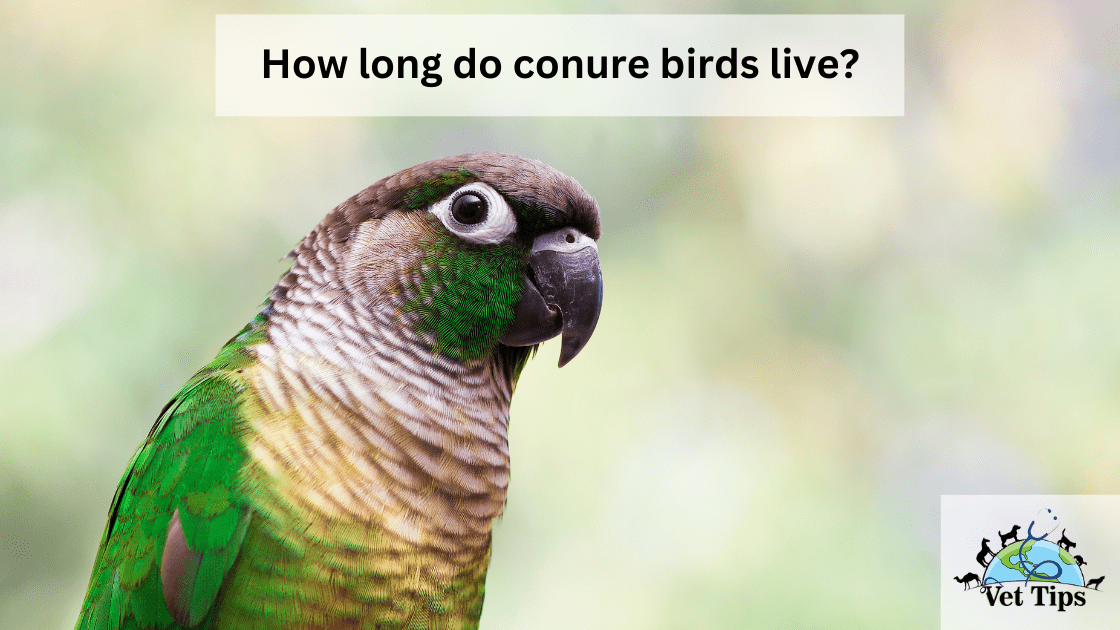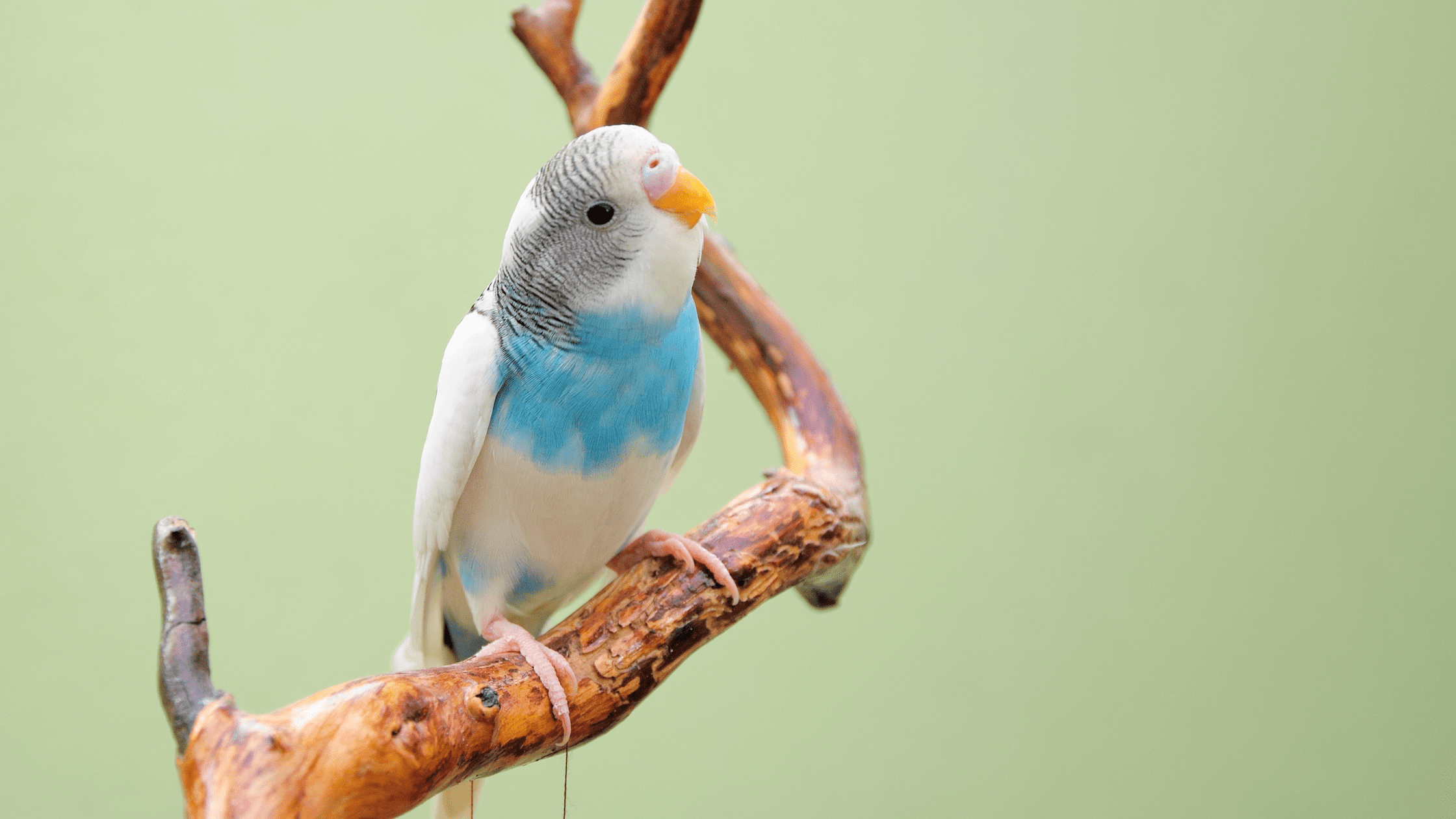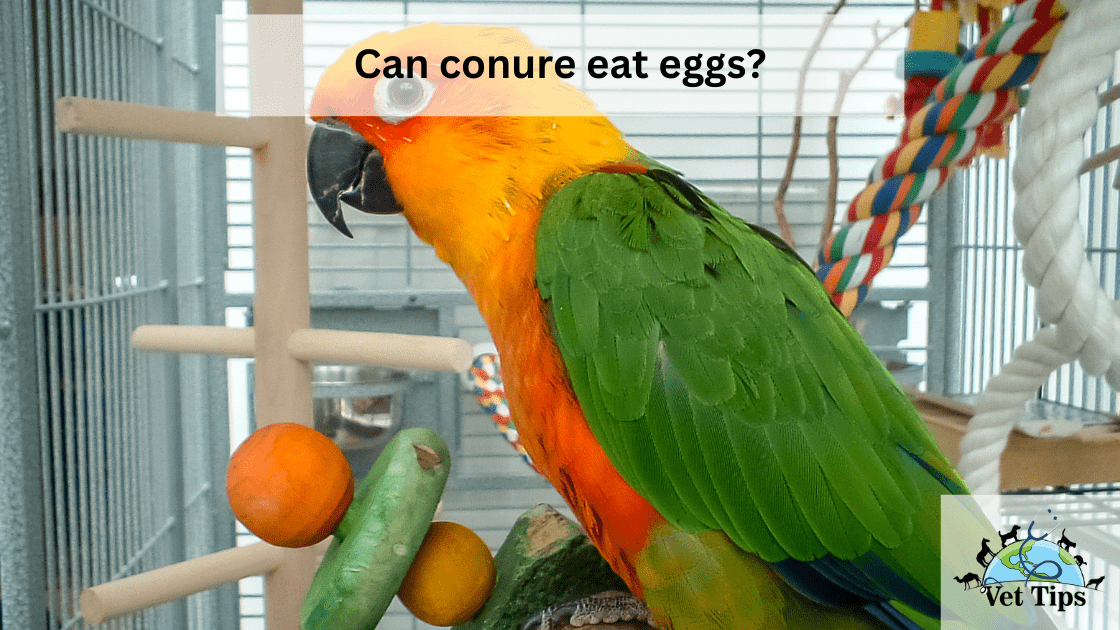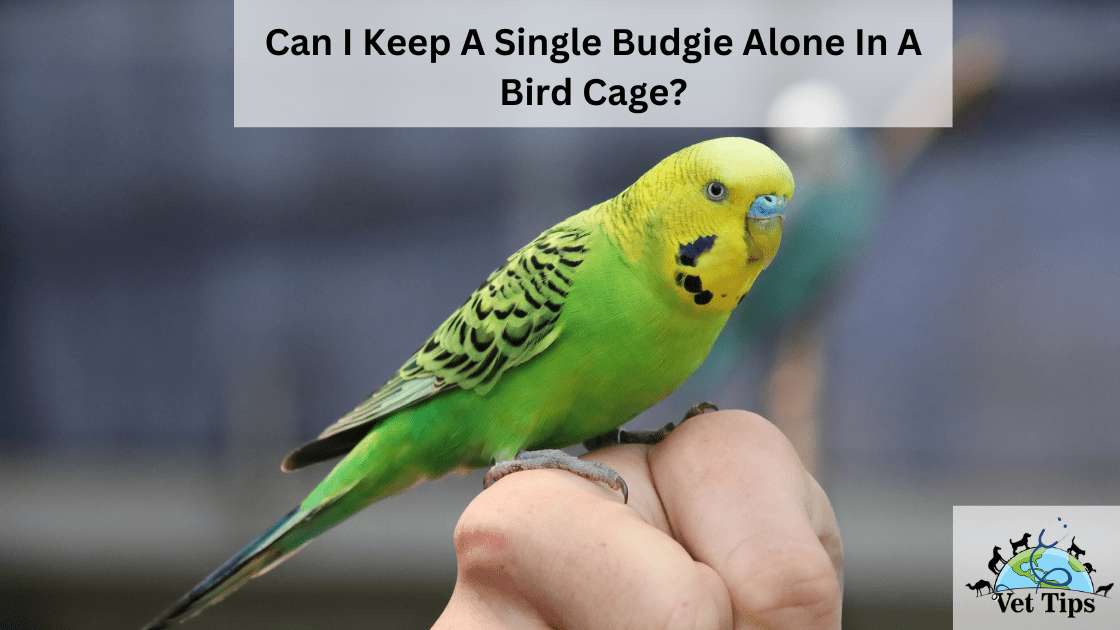If you’re considering bringing home a feathery friend, a conure bird might be high on your list. These delightful parrots are known for their vibrant colors and charming personalities, making them popular choices as pets. But before you take the plunge, it’s crucial to understand their lifespan and the factors that can influence it. So, let’s discuss How long do conure birds live? in detail.
How long do conure birds live?
Conures are small to medium birds and are known for their playful personalities along with inquisitive natures. They like to be in the center of household activity, including mealtime and socializing with their favorite people.
How long do conure birds live?
They live for around 10-15 years in the wild and 30 years in captivity if given proper care and attention is given. But, if left alone, they only live for ten years.
In the wild, the environment in which the conure is raised can shorten or lengthen his lifespan. Conures found in the coastal forest and dry savanna lands of northeastern South America have a shorter lifespan than captive-bred conures.
In Wild
So, when it comes to conures in the wild, how long do they live? The average lifetime of a conure parrot in the wild is around 10 years, with some conure parrots living up to 15 years.
There are various reasons why they do not live long in the wild. Some of the most common causes for a shorter lifespan include predation by wild animals or hunters, environmental contamination, adverse temperature, and living conditions, or a lack of food and water. Taking care of all of these things, in addition to other things, will help them live longer.
In captivity
Conure lifespans as pets may or may not be longer than those of their wild counterparts. It is entirely up to the bird owners to determine how long they want their conure to live.
How long will a conure live? Like their wild counterparts, Conures can live for an average of 15 years, with a maximum lifespan of about 20 years. Conures have been known to live up to 30 years and beyond, thanks to their owners’ love and loyalty. Is it also possible to extend the lifetime of conures? Yes, continue reading to learn more about increasing their lifespan.
Factors Affecting Conure Lifespan
Several factors can impact the lifespan of conure birds, and being aware of these can help you ensure your feathered companion enjoys a long and healthy life.
1. Diet
Just like humans, a nutritious diet is crucial for the well-being of conures. Providing a balanced mix of seeds, pellets, fresh fruits, and vegetables is essential to meet their dietary requirements. Avoid feeding them fatty or sugary treats, as these can lead to health issues in the long run.
2. Exercise
Regular exercise is vital for conures to maintain their physical and mental health. These active birds love to play, climb, and explore their surroundings. Providing them with plenty of toys and perches can keep them engaged and physically fit.
3. Environment
A stress-free and enriching environment can significantly impact a conure’s well-being. Social interaction and mental stimulation are crucial for their happiness. Make sure to spend quality time with your conure and provide opportunities for play and interaction.
4. Veterinary Care
Regular visits to an avian veterinarian are essential for monitoring your conure’s health. Routine check-ups can help detect any potential issues early on, allowing for timely intervention and treatment.
Tips to increase Conure Lifespan
The conure family is very large, and each species’ average age varies. The average lifetime of the conure is significantly longer than that of his famous cousins. But that doesn’t rule out the possibility of stretching it. Many owners say that their conures live to be 35 years old and do so in good health.
How can the lifetime of conures be extended? All owners who adore their brightly colored, bouncy birds are still looking out for the best answer to this issue.
Here are all the ways that, if practiced religiously, would surpass all conure life span standards in captivity.
1. A well-balanced diet:
Every living being’s lifetime can be extended by changing their diet. Much as a lack of food can cause a person to starve to death, a lack of it can shorten a person’s lifespan by several years. All assume that feeding grains to birds are enough to ensure their survival.
Without a doubt, birds will live solely on grains, but their quality of life will suffer, as will their average age. These grains do not have the full nutritional profile that the bird’s or conure’s body requires. As a result, a well-balanced diet containing various foods in small amounts is important.
A high-quality pellet must account for 60-70 percent of the conure’s diet. Pellets contain all of the nutrients needed for a bird’s growth in the proper proportions. Pellet mixes from a reputable brand can be purchased at a local pet store or online.
Fresh fruits and vegetables are important for the good health of the conures. One should provide in the manner that the bird prefers. Diced, minced, grilled, or pureed are all good options. Remember to cut the seeds and stay away from pitted fruits like avocados and apricots.
Seeds must make up a small part of a conure’s diet, and many owners choose fortified seeds to supplement calcium and other mineral deficiencies. They can also be served without being fortified. However, the key is to keep their intake to a bare minimum.
Every living creature, including conures, requires freshwater to survive. The hydration of the body aids in regulating body temperature and removing toxins, which helps to keep diseases at bay.
2. Physical Fitness
Every living being whose body is in good shape will have his life extended automatically. And being fit entails having a healthy, active body that is disease-resistant. Various steps may be taken to maintain good physical health.
Exercise is the most basic way to stay in shape. Conures belong to the avian kingdom, so flapping their wings is their strongest exercise. Allowing the bird to leave the cage for a short period of time each day will help him maintain his peak performance. And when he’s inside his cage, he needs access to a variety of high-low perches so he can take short flights and spread his wings whenever he wants.
3. Mental Illness
Stress and depression can shorten a person’s life by destroying brain cells, and birds, especially those kept in captivity, are more vulnerable to loneliness than any other living creature. As a result, taking care of their mental wellbeing would go a long way toward extending their lives. And the most effective way to do so is to keep their minds stimulated at all times.
Toys are the perfect way to keep the ever-playful conures mentally stimulated. When it comes to their favorites, the chewable comes out on top. Give them as many destructible toys as possible for their relentless chewing, and they won’t notice how quickly the day has gone. Organic woodblocks, grass mats, old newspaper, and vine balls are some of their favorite ways to pass the time.
Devoting time to the conure regularly would be beneficial to his mental health. Many conure owners believe they don’t have enough time to devote to their birds, which is understandable considering today’s cutthroat environment. However, finding a balance between job and pet time isn’t difficult if done correctly. After a long day, simply holding the bird’s cage around while relaxing in the evening, or having the bird sit on the lap while watching TV, does not require a time-cut from the regular schedule.
4. Medical Checkups regularly
Access to high-quality medical treatment provides a stable and long life and gives quality life to the conure. As a result, annual visits to a licensed avian veterinarian are required. These examinations aid in the early detection of any disease. Furthermore, reviewing the annual report of the bird’s actions with the veterinarian aids in identifying any odd behavior that the owner may have overlooked if it were just another tantrum of his bird.
How long do conure birds live? (Cont.)
Comparative Analysis: Lifespan of Different Conure Species
Different species of conures may have varying lifespans. Let’s take a comparative look at a few popular conure species:
1. Green-cheeked Conure (Pyrrhura molinae)
The Green-cheeked conure is known for its playful and affectionate nature. On average, these conures can live anywhere from 20 to 30 years, making them a long-term companion for bird enthusiasts.
2. Sun Conure (Aratinga solstitialis)
Sun conures are famous for their striking plumage and outgoing personalities. These lively birds typically have a lifespan of around 20 to 30 years when well cared for.
3. Nanday Conure (Aratinga nenday)
Nanday conures are known for their intelligence and talking ability. With proper care, they can live for approximately 25 to 30 years.
Graph and Table: Conure Lifespan Comparative Data
To better understand the lifespan variations among conure species, let’s take a look at some data:
Graph 1: Lifespan Comparison of Popular Conure Species
The graph illustrates the average lifespan of Green-cheeked conures, Sun conures, and Nanday conures.
| Species | Lifespan (Years) |
|---|---|
| Green-cheeked | 20 – 30 |
| Sun | 20 – 30 |
| Nanday | 25 – 30 |
How long do conure birds live? (Cont.)
Conure health issues that lead to decreased lifespan
Conures will usually molt in the autumn to replace feathers that have been lost during the year. So, unless you leave your pet alone (neglect) or become lonely, it shouldn’t be a cause for concern.
However, such habits and signs, such as:
- Beak swelling or accumulations
- Fluffed up or dirty feathers
- Sitting on the cage floor
- Coughing
- Discolored or watery stools
- Favoring one foot while not sleeping
- Nasal discharge
- Eye discharge and other eye problems such as redness or inflammation
- Appetite loss
If you notice any of these signs in your pet, you should examine them by an avian or veterinarian.
Is A Conure Good Fit For Us?
They are an adorable and intelligent companion that will form a strong bond with you like any feathered companion.
However, this is only true if you can engage with her daily and meet her many needs. If you do, having a conure starts a lifelong friendship with you and your other pets.
Tell us in the comments, how you like our article “How long do conure birds live?”
For similar posts like this, click here.
For the source file, click here.








One thought on “How long do conure birds live?”